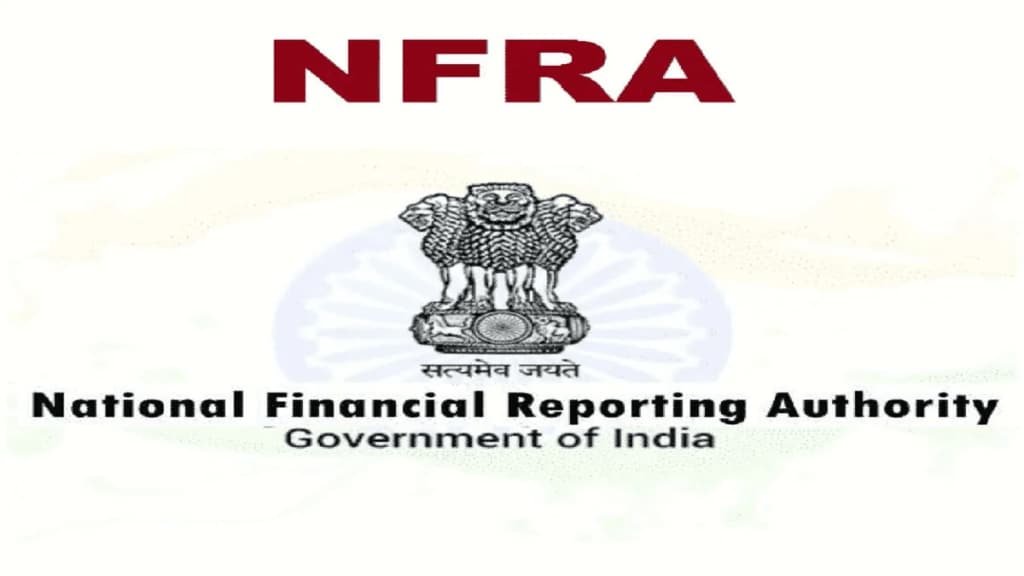The recent Delhi High Court ruling quashing the National Financial Reporting Authority’s show cause notices to multiple auditors and CAs does not impinge on the regulator’s disciplinary powers, explains Ashok Haldia. The order merely cited technical lapses that can be resolved
Challenge to Section 132 of the Companies Act
SECTION 132 OF the Companies Act 2013, envisaged constitution of the National Financial Reporting Authority (NFRA), to provide for matters relating to accounting and auditing standards. It empowers the NFRA,which was established on October 1, 2018, amongst others, to initiate disciplinary proceedings for professional or other misconduct committed by individual partners, chartered accountants and audit firms.
Arising out of impugned NFRA orders in the matter of audit conducted and concluded prior to setting up of the NFRA, the petitions filed by individual chartered accountants and auditing firms such as Deloitte Haskins and Sells LLP, and others, challenged the constitutional validity of Section 132 and in the alternative of its retrospective operation. The petitioners also raised concerns about vicarious liability on audit firms and their partners, adoption of summary procedure for trial, and, absence of separate Divisions as envisaged under Section 132 and the Rules for review of audits and based on that for adjudication and punishment.
Quashing of show cause notices issued by NFRA
THE DELHI HIGH Court has quashed the show cause notices on technicalities and not on merits. It observed that Section 132 read with the NFRA Rules, contemplated that the discharge of functions enumerated in Rules 7 and 8, in regard to monitoring and enforcing compliance of accounting and auditing standards should be undertaken by independent units or divisions of the NFRA. However, the NFRA, per the ruling, did not have properly constituted divisions. The executive body of the NFRA, in the first instance, recorded findings of violation of the Standards of Auditing in Audit Quality Review Report, and later the same body proceeded to take a decision to commence disciplinary action. Thus the body which penned the aforesaid report and that which issued the show cause notices remained the same. Observing that the procedure that the NFRA followed thus lacked attributes of neutrality and a dispassionate appraisal, it quashed the show cause notices.
Difference of opinion between NCLAT and Delhi High Court
PETITIONERS IN THE case before the National Company Law Appellate Tribunal (NCLAT) had emphasised that separate divisions are necessary for investigations and for enforcement. The NCLAT, however, held that the NFRA used the ‘division’ in discharging its functions. Further, pure technicalities, as alleged, may not cause any prejudice or failure of justice. The Supreme Court had dismissed the appeal made against the NCLAT order, ruling that it saw no reason to interfere in the NCLAT order. It appears that the Delhi High Court order has not taken cognizance of the Supreme Court’s ruling. Quashing SCNs merely on technicalities without taking cognizance of the Supreme Court ruling gives NFRA an option to appeal against the High Court order.
Retrospective jurisdiction
BOTH THE NCLAT and the High Court have held that change in forum to the NFRA from the Institute of Chartered Accountants of India (ICAI) due to a change in law has no bar on giving retrospective effect to the NFRA’s jurisdiction and powers in regard to investigation and punishment. This is because no new obligation on auditors was created due to the NFRA coming into existence , as the audit standards were to be mandatorily followed by the auditors even prior to establishment of the NFRA. The courts have held that they remain liable to be enquired into based on the obligations and duties that existed prior to the introduction of Section 132. The Explanation to Section 132(4) in explicit terms stipulates that the expression “professional or other misconduct” would have the same meaning as assigned under Section 22 of the Chartered Accountants Act, 1949. Further, Section 147 which levies punishment for contravention existed on the statute book even before the NFRA came to be operationalised.
Can the ICAI now discipline auditors?
BEFORE THE NFRA was set up, the Institute of Chartered Accountants of India had exclusive jurisdiction over disciplining the auditors. The government or regulators such as the Securities and Exchange Board of India had limited oversight and disciplinary powers over auditors.
Now, the NFRA has the power to probe professional misconduct of auditors and if it starts investigation in any audit case, no other institution can continue or initiate proceedings in the same case. In fact, for alleged misconduct prior to October 24, 2018, i.e., the date of coming into force of Section 132 (4), the proceedings in cases falling within the ambit of Section 139(3) which are already under way at the ICAI, would be in the exclusive domain of the NFRA. Rulings given by the NCLAT, reaffirmed by the Supreme Court, and of the High Court have given ample clarity on the same.
The writer is former secretary, ICAI


